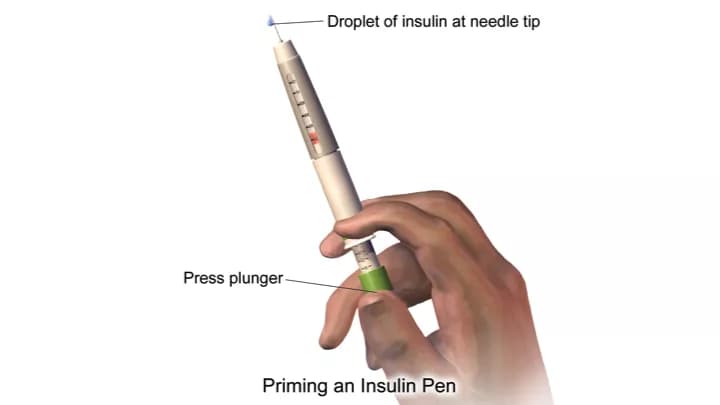Diabetes is a metabolic condition with high blood sugar levels resulting from the body being unable to either produce insulin to the required levels or effectively utilize insulin produced by the body. There are two major types of diabetes: Type 1 diabetes and Type 2 diabetes. Type 1 diabetes is not dependent upon any lifestyle factors, and hence, one’s body weight does not influence this condition. On the other hand, Type 2 diabetes is associated with being overweight or obese.
Individuals with prediabetes, a condition in which blood sugar levels are just above the normal range, though not sufficiently high to be categorized as diabetes, have an elevated risk of Type 2 diabetes if certain lifestyle changes, such as losing weight or exercising, are not adopted.
The Centers for Disease Control and Prevention informs that even losing a moderate amount of weight and being physically active can delay or prevent adult-onset Type 2 diabetes. The National Health Services UK states that any individual with a BMI over 25 (overweight or obese) is at a risk for diabetes. However, the National Institute for Health and Care Excellence (NICE, UK-based Department of Health) in their 2012 report says that Asians with BMI over 23 have an increased risk, and a BMI over 27.5 puts them at a high risk of type 2 diabetes.
Healthcare experts at American Dietetic Association inform that losing even some weight can help lower blood sugar levels. They say that blood sugar and blood pressure levels may be lowered, cholesterol levels improved, and stress on weight-bearing joints (hip, knee) significantly reduced if even 10-15 pounds is lost. It has to be borne in mind though that commencing a weight loss plan or diet to avert diabetes has to be coordinated with a diabetes educator, nutritionist, or family physician. A National Institutes of Health study on overweight individuals with average BMI of 34 revealed that diabetes risk dropped by 58% when simple measures, such as exercise and dietary control, was adopted.
Being overweight prior to pregnancy puts women at a high risk for gestational diabetes. In such circumstances, eating healthy (such as including more fiber in the diet) and opting for foods that do not increase blood glucose levels should be undertaken. Research shows that just 4-hours of physical activity prior to and during pregnancy can reduce the risk of gestational diabetes by as much as 70%. Type 2 diabetes risk increases more after delivery if the mother has diabetes during pregnancy. Hence, it is very important to lose weight and get into a better shape post-delivery in order to prevent diabetes.
References:
http://www.cdc.gov/diabetes/basics/prevention.html (accessed on 01/15/2015)
http://diabetes.niddk.nih.gov/dm/pubs/amIatrisktype2AI/ (accessed on 01/15/2015)
http://www.nhs.uk/Livewell/Diabetes/Pages/Avoiddiabetes.aspx (accessed on 01/15/2015)
Helpful Peer-Reviewed Medical Articles:
Goldstein, D. J. (1992). Beneficial health effects of modest weight loss.International journal of obesity and related metabolic disorders: journal of the International Association for the Study of Obesity, 16(6), 397-415.
Hamman, R. F., Wing, R. R., Edelstein, S. L., Lachin, J. M., Bray, G. A., Delahanty, L., ... & Regensteiner, J. (2006). Effect of weight loss with lifestyle intervention on risk of diabetes. Diabetes care, 29(9), 2102-2107.
Sjöström, C. D., Lissner, L., Wedel, H., & Sjöström, L. (1999). Reduction in incidence of diabetes, hypertension and lipid disturbances after intentional weight loss induced by bariatric surgery: the SOS Intervention Study.Obesity research, 7(5), 477-484.
Related Articles
Test Your Knowledge
Asked by users
Related Centers
Related Specialties
Related Physicians
Related Procedures
Related Resources
Join DoveHubs
and connect with fellow professionals


0 Comments
Please log in to post a comment.